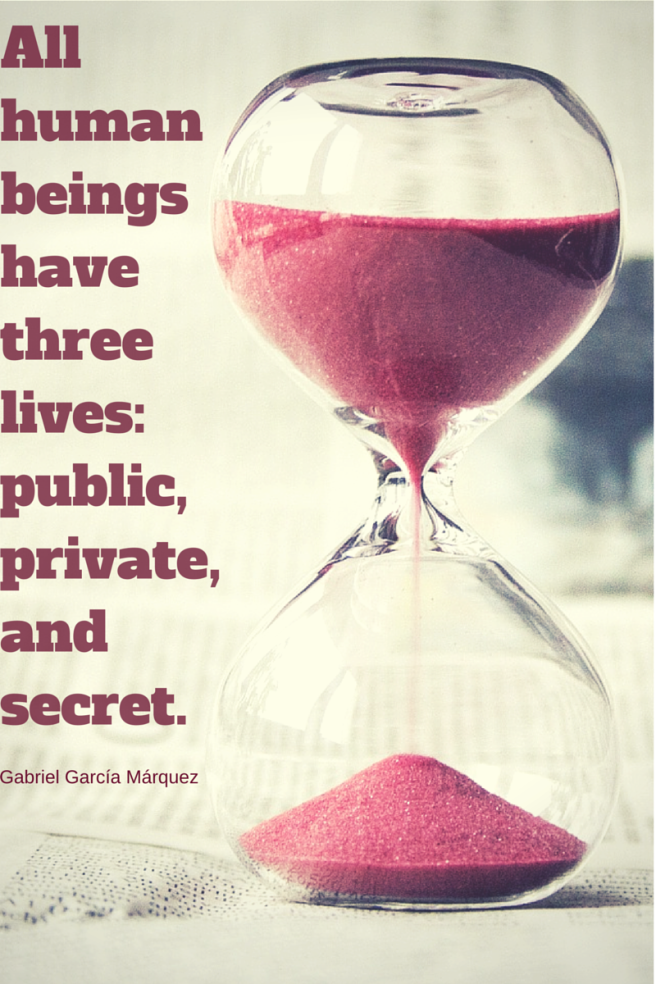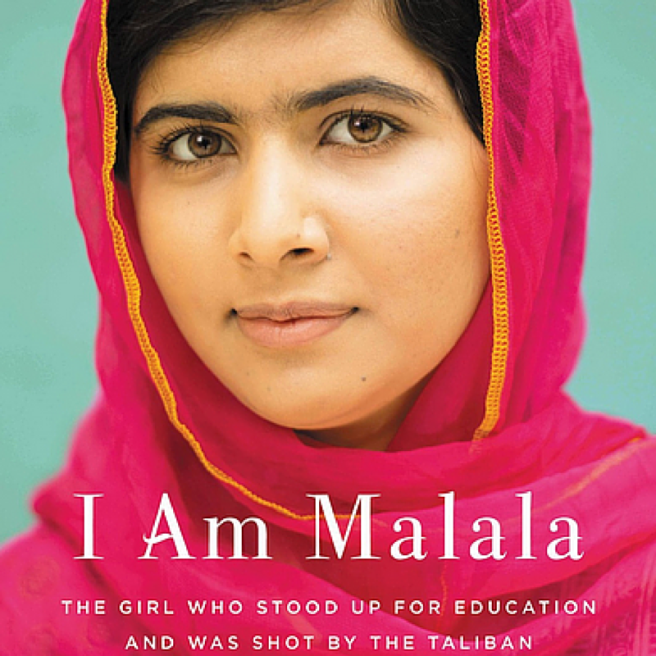Unashamed
I was born under the twin towers of shame and pride.
My mother prided herself on rising up from the dilapidated shack on the Hudson River across from New York. Her rise from second-hand clothing and no running water was her badge of honor. My father hid with shame, the quiet emotional poverty of a childhood spent reacting to the mercurial moods of an alcoholic parent. He never thought he was quite good enough to take us to nice restaurants.
Before the age of three family members died one after the other and though I don’t remember any of them, the awareness of death and separation plagued my young mind. Inherited pride led me to believe I was captain of my ship, yet with shame, I noted how rudderless and shaky my travelling vessel was. All the while I asked myself was there any point. Death loomed.
Before I wrote my first novel, I drifted uninspired and crippled with doubt into many ports always with an eye on the storms that might lead to shipwreck. The novel grounded me. I thought I wanted to play the hipster author smug and ironic, but my characters had hearts and souls. How could they take grace, love, and redemption seriously? How could they believe in an un-hip God? They refused to be cool.
Fifteen years passed. The grounding was an illusion. I was still on a boat but no longer at the helm. Conversion stories abound on the internet. Mine happened searching scripture to put hypocritical words in my characters’ mouths.
Recently I realized I still live under the towers. My characters (and I suspect God), try leading me, but I tend to cry shipwreck and jump into the sea or hide deep in the hull of life.
A few weeks ago, a fellow blogger invited me to give answers to a Q&A series about reading habits. My shelves sag with history, literature, and how-to books (maybe I keep some to impress people), and for most of the questions I kept my head above water until I was asked which single book I would recommend to another.
I hesitated . . . for days. I considered lying. I had a hidden crutch, a new-found yet semi-secret belief in what some considered an offensive savior. When I hit the send button with my answered questions, I had a sinking feeling I’d lost all standing with this faraway internet acquaintance. I recommended the Bible. I suddenly realized how easy it was for Peter to deny Christ.
My hipster novelist thing shattered. I’d often sold my book as a story about a morphine addict because I wanted faraway people to think it was edgy—but I lied to get “likes.” The real story is about a family on a difficult journey, as we all are. In the end, they figure out who’s at the helm. There’s no shame in that any longer for me.
© Adrienne Morris, 2015
Adrienne blogs @ Middlemay Books
Unauthorized use and/or duplication of this material without express and written permission from this blog’s author and/or owner is strictly prohibited. Excerpts and links may be used, provided that full and clear credit is given to Timi Yeseibo and livelytwist.wordpress.com with appropriate and specific direction to the original content.



